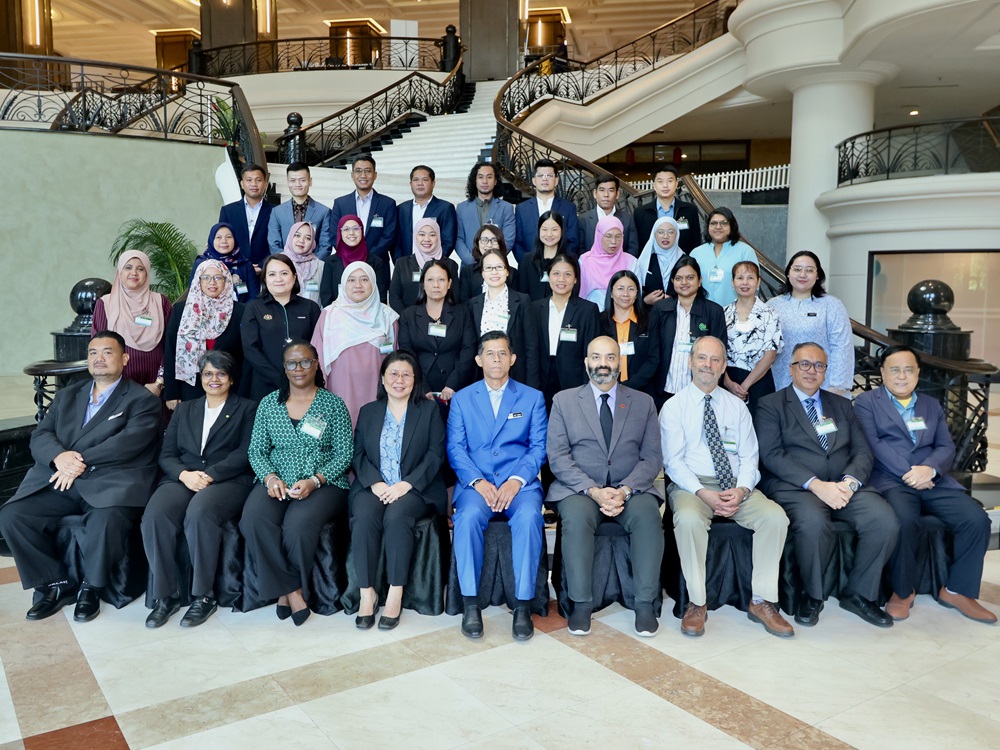
The 2nd workshop on the Association of South East Asian Nations (ASEAN) Pest Database, aimed at strengthening regional collaboration in plant health, biosecurity, and pest data management, has been held in Putrajaya, Malaysia.
Organised by CABI, the Department of Agriculture (DOA) Malaysia, and Canada’s Indo-Pacific Agriculture and Agri-Food Office (IPAAO), the workshop reviewed the consolidated ASEAN quarantine pest database and recommended priority activities for the TF-APD.
They included developing and applying a prioritization framework using Rapid Risk Assessment (RPA), discussing Pest Risk Analyses (PRAs) for high-priority pests, and strengthening communication and cooperation among ASEAN Member States.
ASEAN Member States face increasing challenges
ASEAN Member States face increasing challenges, as the pressures of climate change force farmers to depend more on often-harmful inputs, specifically in relation to plant and crop pest and disease management. This paradigm is recognized by national and regional leaders who developed concepts to address this problem.
A key activity under the Strategic Plan of Action (SPA) for the ASEAN Cooperation in Crops (2021-2025) is the management of the quarantine pest database and conducting pest risk analysis on the pest of concern within the ASEAN region.
As part of the 2nd workshop and after introductions by CABI, IPAAO, and DOA Malaysia, a summary of progress since the 2024 workshop, including harmonization of pest lists and development of ASEAN Pest Database Management System (APDMS) Action Plan was given.
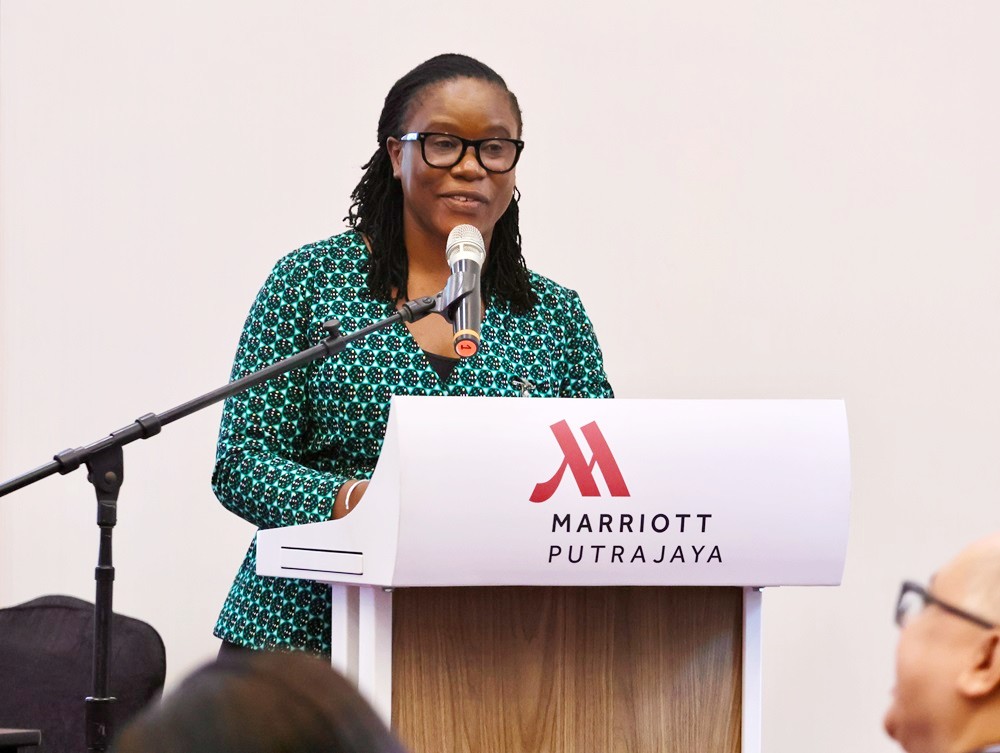
This was followed by sessions focused matters including emergency preparedness, pest prioritization, database updates, Pest Risk Analysis, cooperation with the taskforce on ASEAN Pest Database (TF-APD), funding, and communication.
Consolidated database and prioritisation process and procedure
Dr MaryLucy Oronje, CABI’s Senior Scientist, SPS, and Dr Roger Day, Global Advisor, Plant Health at CABI, presented the consolidated database and prioritisation process and procedure. Dr Day also highlighted, along with Ms Azean Ahmad, DoA Malaysia, the process and responsibilities for AMS to complete prioritization of the pests currently in the database.
Dr Oronje then presented on keeping the database up to date including how a reporting template for new/revised entries will work as well as the procedure for submitting and prioritising new entries of pest.
Dr Day further spoke about horizon scanning and pest risk monitoring – extending upon the first ASEAN regional workshop on ASEAN Pest Database, held in October 2024, which centred around CABI decision support tools, for example, the CABI Compendium, Horizon Scanning Tool and Pest Risk Analysis Tool.
Later sessions saw Dr Oronje, and colleagues from Singapore and Brunei, review the PRA template and guidelines as well as the selection of pests for PRAs and the formation of PRA teams.
The workshop also featured a field trip to Putrajaya Botanical Gardens.
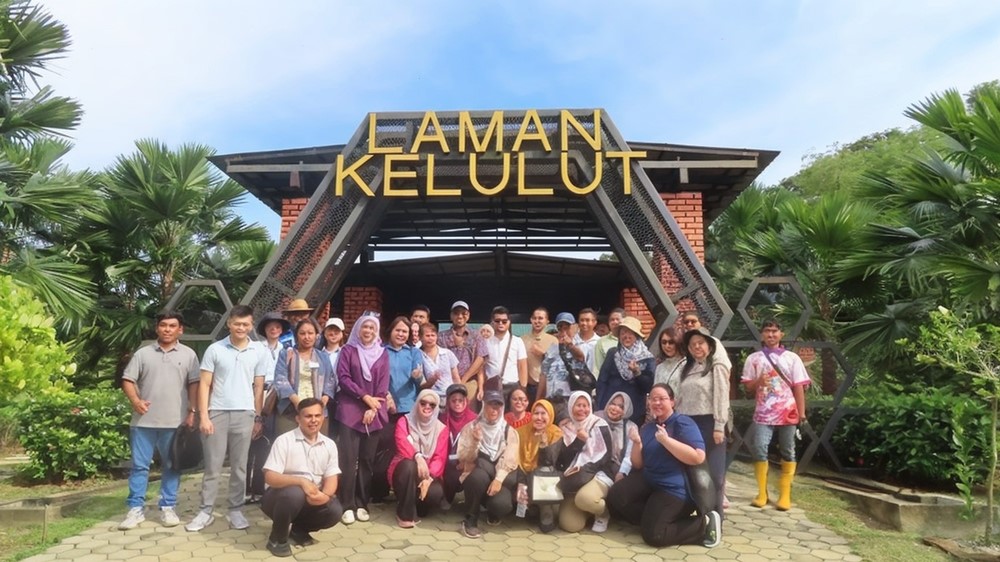
Next steps outlined included the need to finalise APD and PRA guidelines, score and prioritize pests, develop an ASEAN Pest Alert System, establish an emergency response framework, and create a framework for affiliate partner engagement.
Additional information
Main image: Delegates of the2nd workshop on the Association of South East Asian Nations (ASEAN) Pest Database held in Putrajaya, Malaysia.
Relevant story
‘ASEAN Pest Database: Stocktaking and managing pest of concerns within the ASEAN region.’
1 Comment
Leave a Reply
Related News & Blogs
Highlights from 2025: Most read blogs
As 2025 draws to a close, we’ve reviewed the numbers to highlight this year’s achievements on the CABI Blog, from pest risk reduction and innovative agricultural initiatives to addressing crop loss and earning global recognition. Revisit this year’s to…
16 December 2025


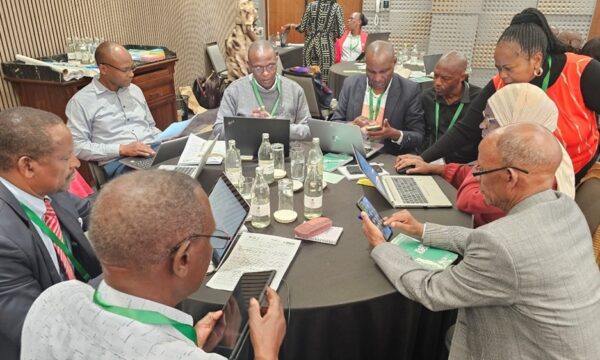
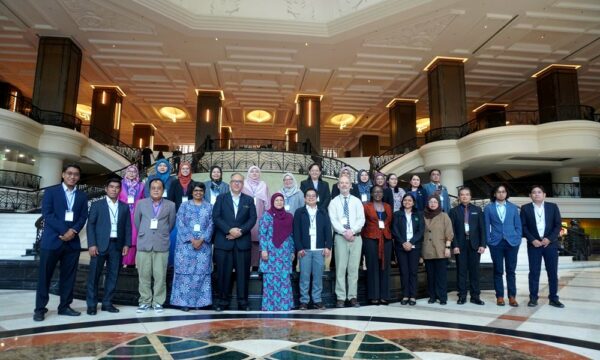

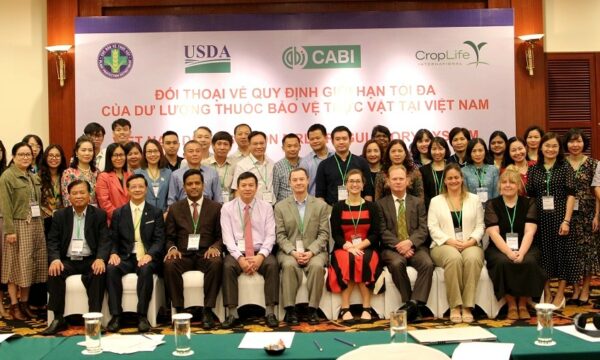
Great to see ASEAN countries strengthening collaboration on pest management and biosecurity. Updating the database and prioritizing pests is crucial for protecting crops in the region.